How To Become a Full Stack .NET Developer?
Full Stack .NET Developer is a career in which a person designs, builds, maintains, and deploys web applications. A full stack .NET developer typically has a deep understanding of both the front-end and back-end technologies required to build a web application. They are also familiar with the various web application frameworks and technologies, and can use these tools to build robust and efficient web applications.
A full stack .NET developer typically begins their career as a web developer. They may then move on to specialize in a certain area of web development, such as web application development, front-end development, or back-end development.
If you’re wondering what a full stack .NET developer is, you’ve come to the right place.
When it comes to developing an app, it appears that software engineers these days have far too many options. With so many existing programming languages and frameworks, determining which one is best for a specific app can be difficult.
The .NET framework is one of many useful tools for developing mobile and web applications. It was released alongside the ASP.NET server-side web app framework; ASP.NET MVC (Model, View, Controller) is a web application framework.
Because of the versatility of .NET and some of its built-in features, it is an excellent choice for web application development. However, its versatility also makes it difficult to use, as it covers a wide range of software development features, which can be overwhelming.
Fortunately, there are full stack web developers who have the necessary skills to create world-class apps using this framework on both the front and back ends. In this post, we will define a full stack .NET Developer.
What is .NET Full Stack Development?
Microsoft released the .NET framework in 2002 as an open-source tool for full stack developers, but it is also regarded by many as a set of programming guidelines for web application development.
Although it was originally designed to run on Windows, it was initially considered as an alternative to Java and PHP. However, its various platforms can be used on different operating systems, thanks to alternatives such as Xamarin and integrations with SQL server databases such as Microsoft SQL Server.
The general framework has the advantage of supporting a wide range of programming languages, including C#, Visual Basic, and F#. It is also compatible with a wide range of other languages and development tools thanks to its powerful compiler.
One of the primary benefits is that it is very user friendly for full stack developers. According to the TIOBE index, some of its compatible-friendly languages are among the most popular in the world.
Aside from its convenient language compatibility, one of its most notable features is its vast library collection. As an open-source tool, it has a large community of software developers who have made a wide range of functions and features easily available for any imaginable web application project. It has been heavily used in the development of web applications and web pages in particular.
As a result, .NET is commonly referred to as a web API development tool, though it is also used to create mobile applications. Full stack developers can use it to support both front-end and back-end requirements, which is convenient.
Full Stack .NET Development
.NET allows for a great deal of flexibility. However, for inexperienced developers, this versatility can be overwhelming. That is why many businesses prefer to hire full stack .NET developers, who can manage both the front-end and back-end of projects. These are critical skills, especially given the rise of cloud computing technologies.
As more web services are hosted in the cloud, .NET full stack developers are challenged to create interactive web applications that are well-suited for server-side operations. In other words, knowing about an app’s user interface isn’t enough. Full stack web developers are not expected to know everything there is to know about front-end and back-end development, but they should understand what the tools and technologies are and how they work.
A specialist’s knowledge is not expected of a .NET full stack developer. Because of their ability to integrate various concepts, they frequently serve as project managers. They are frequently faced with the challenge of moving beyond development and between other important aspects of the development processes. Marketing, quality assurance, business analytics, and DevOps are all becoming commonplace for full stack developers.
Apps can be easily integrated into the cloud thanks to the integration of .NET with its cousin, Microsoft’s Azure. A full stack developer is essential for this. This combination enables apps to be built in a secure manner, allowing for easy deployment while addressing potential versioning issues.
More .NET full stack developers are expected to be in demand in the coming years. Cloud-based apps are becoming the norm in many industries, necessitating the need for full stack web developers who understand how to integrate the various stages of the software development process.
Conclusion
The .NET framework is here to stay for the foreseeable future. For many, it appears that we are only now beginning to realize its true potential as a result of Microsoft’s other products. Its utility to others has long been established.
Contact an app development partner if you need assistance finding an experienced .NET full stack developer. A development partner can not only help you decide which tools and new technologies are best for your web application, but they can also guide you through the entire .NET full stack development process.



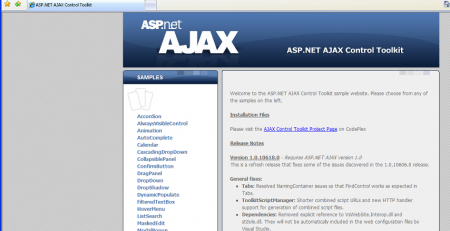
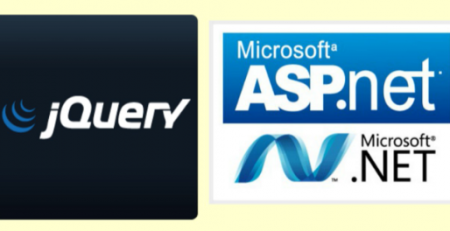
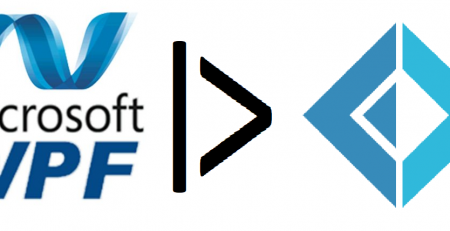



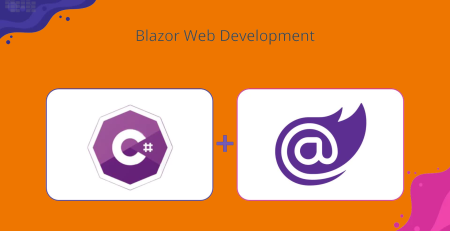

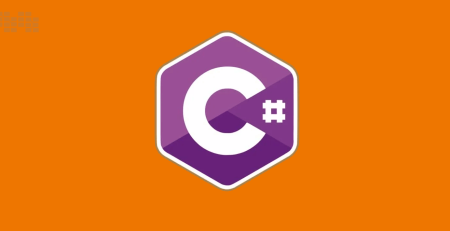

Leave a Reply